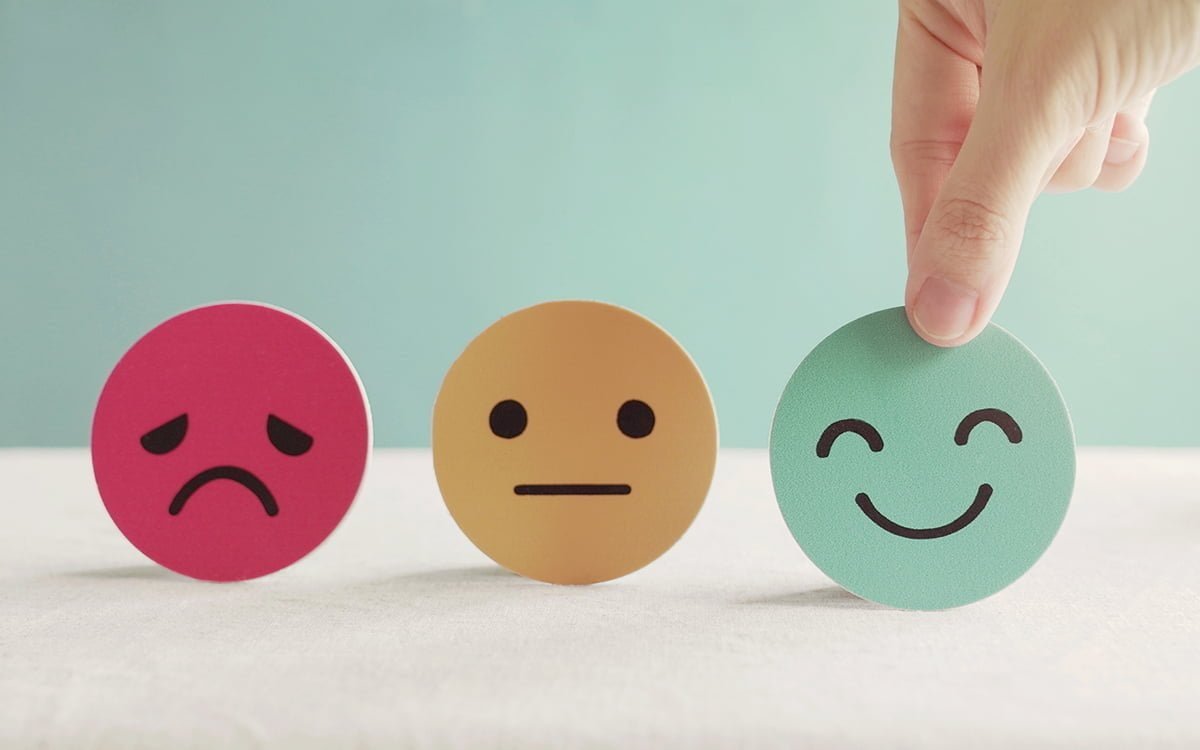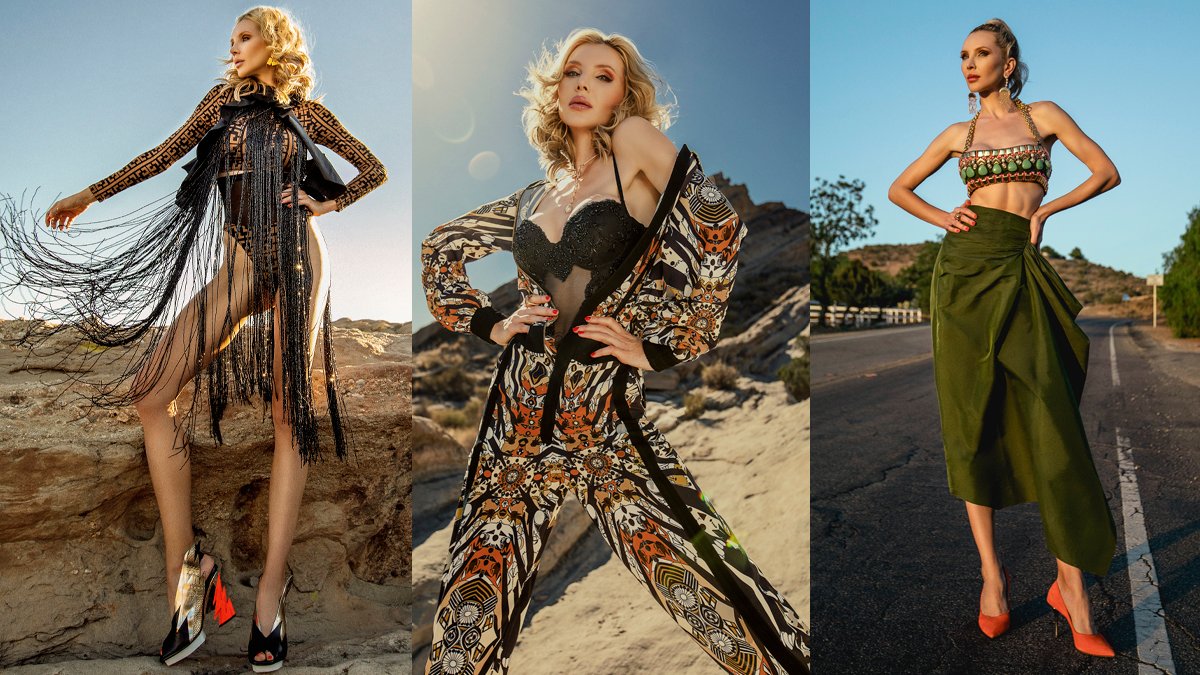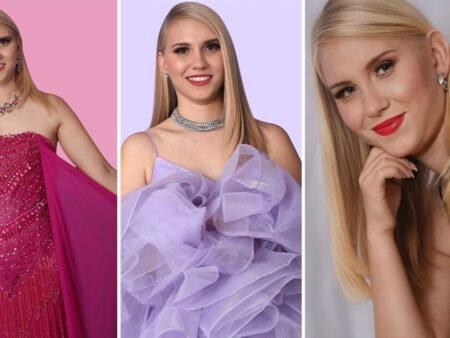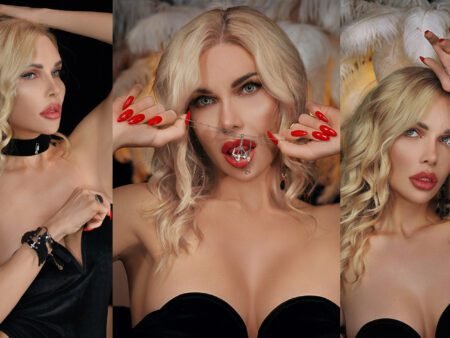Social media filters, which add a pleasant and engaging touch, have a much more profound impact on people’s mental health than they do on their physical appearance.
Instagram, Snapchat, and other social media apps and platforms have made the world a small place by allowing people to connect and share their day-to-day life events with each other. While these social media platforms have brought people from around the globe together, these apps have also got us playing with the beauty and fun filters. Face filters turn people into cartoon characters, give you a whole new funny face, and even enhance your natural features by putting away any blemishes.
Social media filters may be cute and entertaining, but they are also having a deeper effect not only on the mental health of young people but also on the elders. With the use of social media filters that enhance characteristics, many people are exposed to beauty standards that are unrealistic and harm how people look at themselves. According to a survey done in the year 2021 with 200 teenagers, it was found that young people using beauty filters on social media apps are the ones who are more likely to want to get cosmetic surgery done for several reasons from wanting to make changes to their faces due to the result of the beauty standards that have been set by these face filters.

Face filters enhance your natural features by putting away any blemishes.
What actually do these filters accomplish? Beauty face filters typically change your appearance in the following ways: They give you the appearance of having larger eyes, a thinner face, a pointier chin, a small nose, a toned jawline, and blemish-free skin. These filters frequently have a synthetic appearance, but recently, they have progressed to look more realistic, making these artificially elevated, digitally generated beauty standards even more convincingly approachable.
These filters and face feature enhancements have taken a toll on the minds of people and can remind people about their body insecurities, which can consequently result in symptoms of depression and anxiety. Spending too much time staring at filtered images of oneself might hurt others’ emotions, sleep, and general mental and physical health.
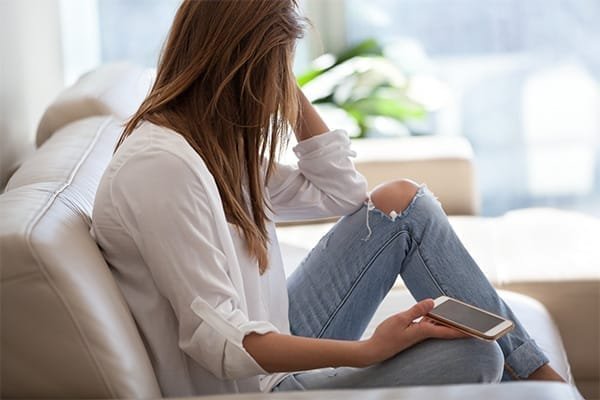
Filters have taken a toll on the minds of people and can remind people about their body insecurities.
‘Taking 100 pictures and selecting just 1 or two pictures to post’ is something that proves how bad these filters have affected our minds. The occasional Instagram story filter may seem harmless when used to cover up a makeup-free face, but frequent use establishes a new standard for how our faces should appear. Positive feedback in the form of likes and comments is given to the edited image.
The filters that now look more than real on social media has also created a false perception in people’s mind of celebrities or fashion influencers. While we all know being a public figure, these influencers need to match a certain beauty standard and image, we tend to believe that ‘perfectly glowing and blemish-free skin’ is real despite the fact that most of the time, makeup does magic to that public face.

Beauty face filters typically change your appearance by enhancing several facial features.
Observing the impact of social media filters, the concept of ‘body positivity;’ came into existence and for the good. Social media and the algorithms that power it frequently continue to promote the skinny, gorgeous, blonde ideal that many desire to be but rarely attain, even though many millennials and Gen Xers didn’t grow up with it. Many people need to understand and accept that what they are looking at is a highly edited and highly technical image of humans, and that actual people have pores, noses that aren’t quite the right size, and bodies that come in a variety of sizes, shapes, and colors.
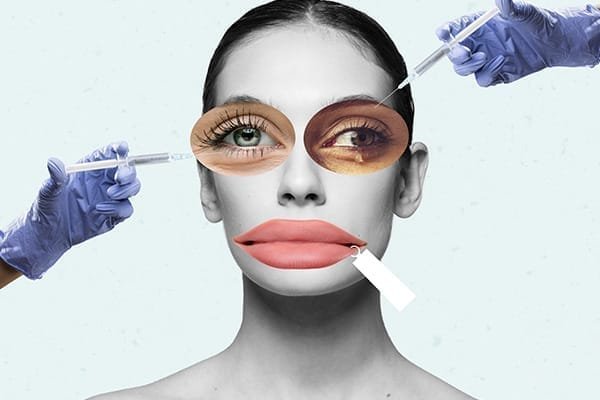
Young people using beauty filters are the ones who are more likely to want to get cosmetic surgery done.
Simply put, it is extremely essential for people to understand that someone else can also use a filter just like you can. To embrace authenticity and variety, as well as to follow people on social media who are both body confident and embracing the natural, unfiltered look, the first step is to educate ourselves on body confidence, critical thinking, and social media in general.
